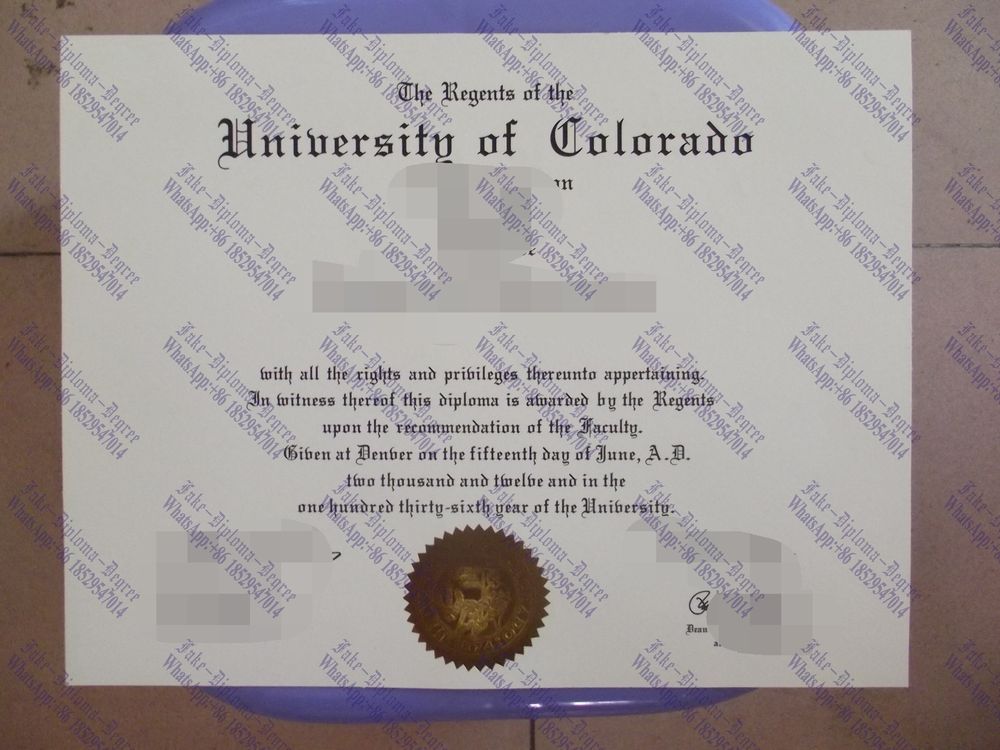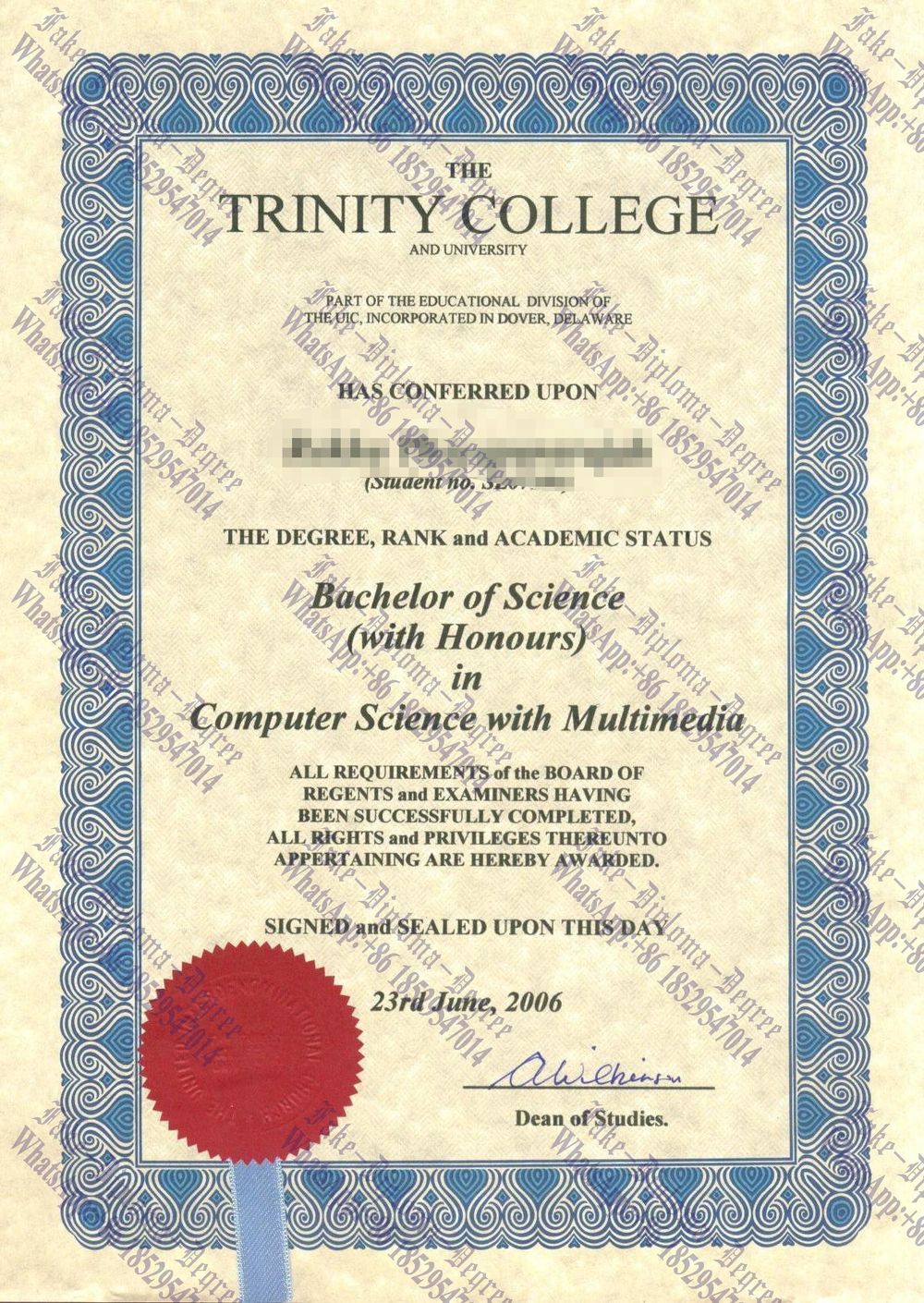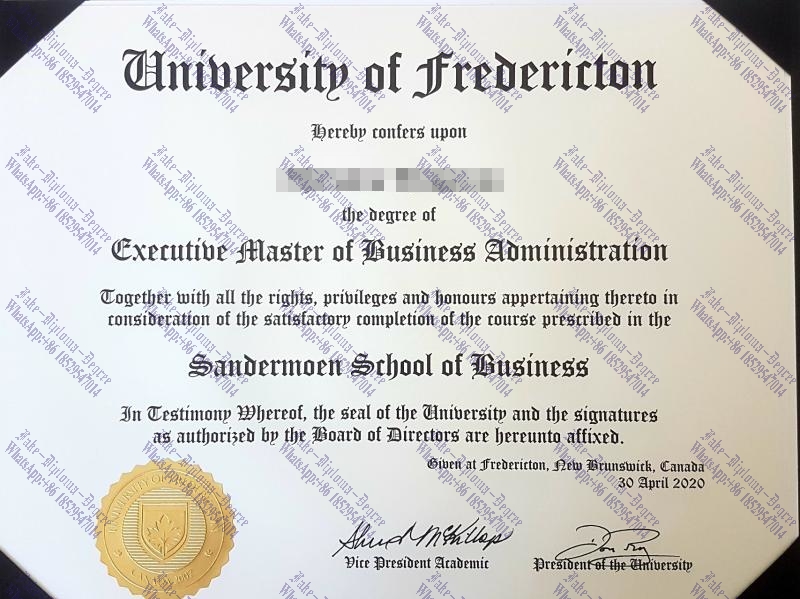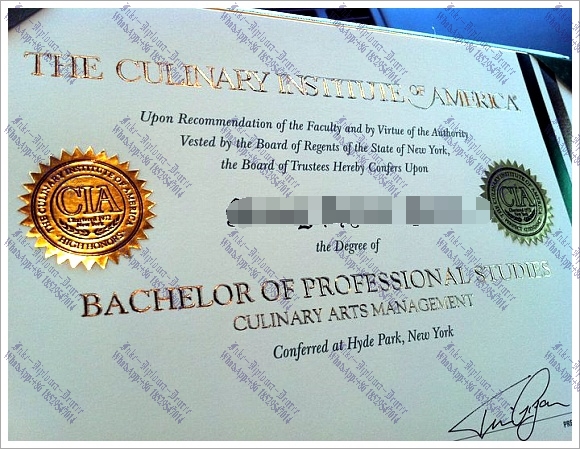Looking to obtain a Culinary Institute of America Diploma? Wondering if it's possible to purchase a fake one? In this article, we will address the concerns and confusion surrounding the topic.
Why would someone want to buy a fake Culinary Institute of America Diploma?
Before diving into the details, it's important to understand the reasons why someone might consider purchasing a fake Culinary Institute of America Diploma. One common reason is the desire to deceive employers or potential clients into thinking they possess the necessary qualifications and training that come with holding such a prestigious diploma.
However, it's crucial to note that falsifying educational credentials is not only unethical but also illegal in many jurisdictions. Using a fake diploma to secure employment can lead to severe consequences, including job loss, legal actions, and damage to one's professional reputation.
The risks and drawbacks of buying a fake diploma
While the idea of acquiring a fake Culinary Institute of America Diploma may seem appealing to some, it is essential to consider the risks and drawbacks associated with this action.
1. Legal consequences: As mentioned earlier, using a counterfeit diploma for professional purposes can have legal repercussions. Employers and educational institutions are becoming increasingly vigilant in verifying the authenticity of credentials, and if caught, individuals may face severe penalties.
2. Damage to reputation: If discovered, using a fake diploma can tarnish an individual's reputation and credibility. Trust is a vital aspect of professional relationships, and once it's broken, it can be challenging to regain.
3. Lack of skills and knowledge: An individual who purchases a fake diploma may lack the necessary skills and education that come with a genuine Culinary Institute of America Diploma. This deficit can become evident when faced with real-world challenges or when working in a professional kitchen environment.
How to avoid the temptation of buying a fake diploma
Instead of resorting to unethical and illegal means, there are several alternative options for individuals who aspire to enhance their culinary expertise:
1. Pursue legitimate education: Consider enrolling in accredited culinary schools or programs that provide hands-on training and recognized diplomas or certificates.
2. Gain practical experience: Seek opportunities to work in commercial kitchens, restaurants, or catering services. Practical experience allows individuals to develop real-world skills and establish connections within the culinary industry.
3. Obtain mentorship and apprenticeships: Connect with experienced chefs or culinary professionals who can guide and mentor you in your culinary journey. They can provide valuable insights, advice, and connections.
Frequently asked questions
Q: Can I use a fake diploma as a backup if I can't find a job?
A: No, using a fake diploma is not a viable backup plan. It's best to focus on gaining legitimate qualifications and skills that will impress employers and increase your chances of finding employment.
Q: Are there any reputable online culinary programs available?
A: Yes, there are legitimate online culinary programs offered by respected institutions. However, it's crucial to research and ensure the program is accredited and recognized by industry professionals before enrolling.
Q: What are the consequences of getting caught with a fake diploma?
A: The consequences can vary depending on your location and the specific circumstances. In many cases, individuals can face legal charges, termination of employment, and damage to their professional reputation.
In conclusion, while the idea of buying a fake Culinary Institute of America Diploma may seem tempting to some, the risks and consequences far outweigh any potential benefits. It is always best to pursue legitimate education and gain practical experience to achieve your culinary aspirations.











